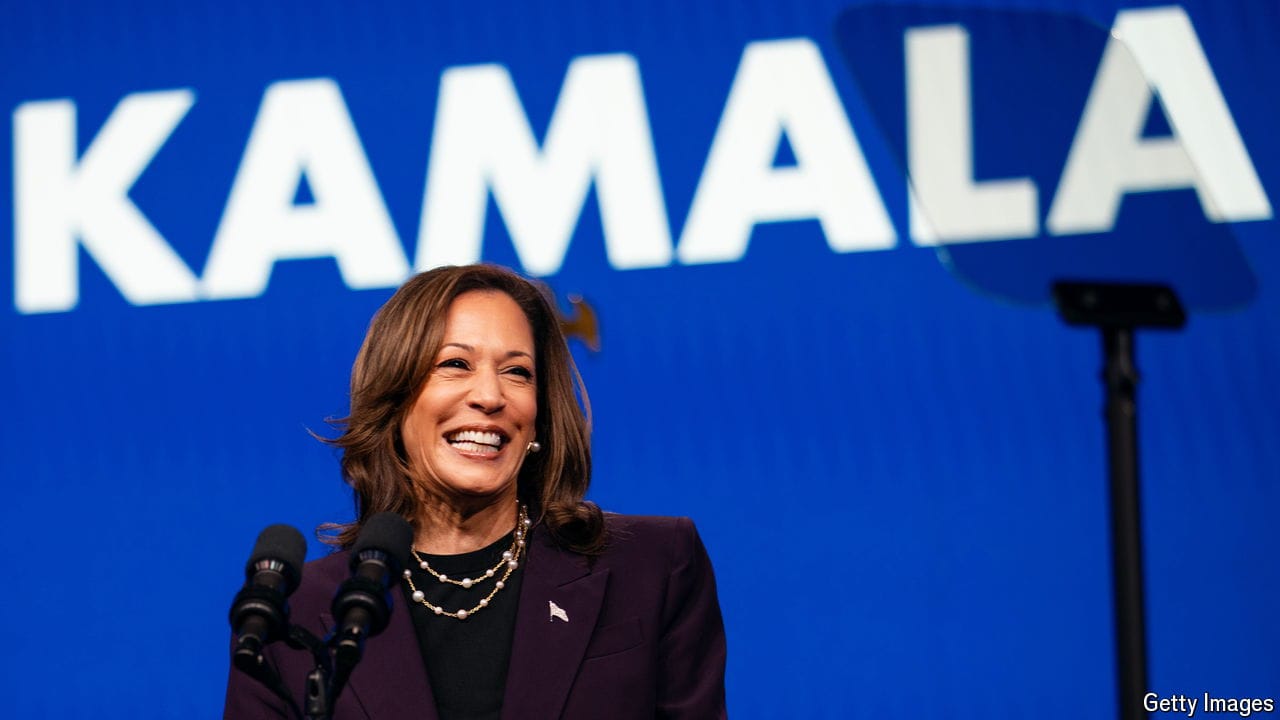How do people and companies avoid paying taxes?
The Pandora Papers leak is the latest to uncover the offshore dealings of the elite

THE LATEST mega-leak of documents to the International Consortium of Investigative Journalists (ICIJ) made a splash on October 3rd, when media around the world began running stories on what they have dubbed the Pandora Papers. (Revelations are promised throughout the week.) The exposé lifts the lid on the financial affairs of dozens of world leaders, other public officials and billionaires in 91 countries. The focus of this leak, as with the ICIJ’s past ones, such as the Panama Papers in 2016 and the Paradise Papers a year later, is the offshore dealings of the global elite. The use of an offshore company to move money or buy property is not necessarily dodgy; a billionaire may mask a purchase made with legitimate wealth for privacy reasons. But shell companies registered in palm-fringed offshore centres (the British Virgin Islands is a favourite) are often used to avoid or evade tax, or to launder ill-gotten gains.
More from The Economist explains

Who are the Druze, the victims of a deadly strike on Israel?
The religious minority has often been caught up in regional crossfire in the Middle East

Myanmar’s rapidly changing civil war, in maps and charts
Ethnic militias and pro-democracy groups are scoring victories against the governing junta

Who will be Kamala Harris’s running-mate?
She is reportedly vetting a dozen options. These are the top three
Why have so few American presidents been from the West?
Kamala Harris’s nomination would be a milestone for the region
Why the Olympics still has a doping problem
Cheating with drugs has again become an organised affair
Why some Russian athletes will be eligible to compete at the Paris Olympics
Despite antipathy between the Russian government and the International Olympic Committee a handful will compete